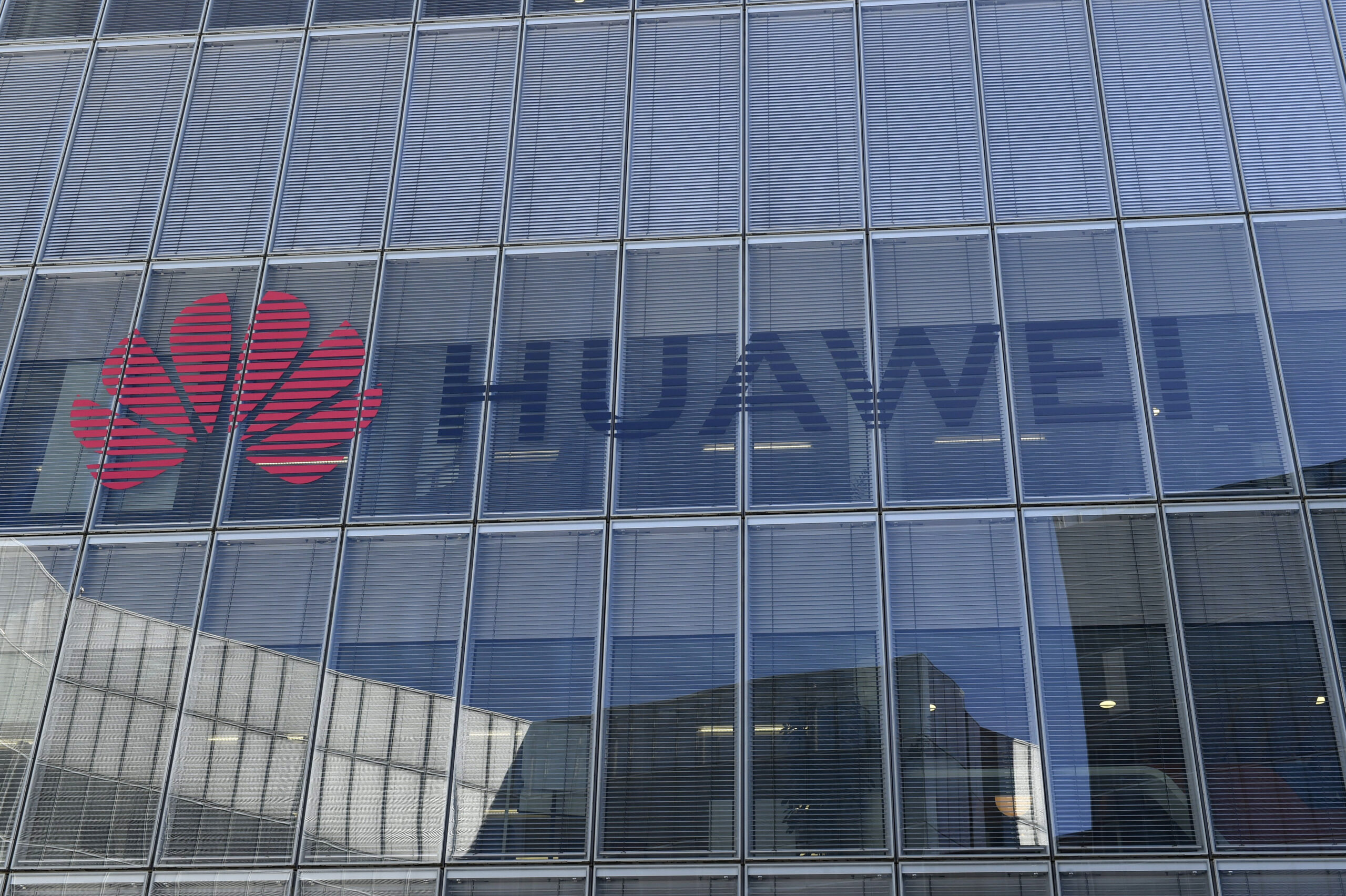The two parties currently ruling Italy under a coalition government have taken opposite stances over the adoption of Chinese tech, following security concerns related to the building of the nation’s next-gen telecoms standard widely known as 5G.
A fiery debate on Monday night resulted in the ministers’ agreement to use the State’s so-called “golden power” to intervene in the acquisition of Chinese-built components by telecoms companies. The government will now be able to prevent companies from using them, even if said components have already been bought and installed.
Curiously, there was no mention of this in the ensuing governmental report; a confirmation request yielded no answer. The discrepancy hints at the deep and festering rift between the two governing parties, the Five Star Movement and the Democratic Party.
The fight has been lingering in the air for some time. Democrat and minister of Defense Lorenzo Guerini urged the nation to place national security “before any economic evaluation” last November. His party colleague and minister for European affairs Enzo Amendola has repeatedly advocated for a joint European response on the matter – and, indeed, the European Commission is also weighing the possible threat.
Over to the other side, where Five Star’s Stefano Patuanelli, who serves as minister for economic development, has dismissed reports of security dangers. His party had a vital role in opening up the country to Beijing’s tech industries via a preferential commercial route: the Belt and Road Initiative, also known as the New Silk Road. The agreement was signed in March last year under a different government, where the Five Star were in power and the Democratic Party had been relegated to the opposition desks.
The Five Star, though supportive of buying Chinese, have nonetheless been heeding the United States’ calls, as demonstrated by a very recent meeting between their leader Luigi Di Maio and American ambassador Lewis Eisenberg. Washington has been increasing its pressure on allies to prevent them from buying the much-discussed Chinese tech, as British prime minister Boris Johnson’s proposed blanket ban demonstrates.
A December report from COPASIR, the parliamentary security commission, highlighted the critical security risks germane to the installation of information tech over which the Chinese government could have unfettered access. The authors of the report have suggested avoiding the implementation of said tech in the nation’s 5G network – a call that’s now being echoed by the democrats.
In a public statement, Huawei Technologies voiced its concern following reports Italy is considering excluding the Chinese company from building its 5G network. “We are firmly convinced that the security and development of digital Italy should be based on an approach grounded in facts and not baseless allegations,” the company said in a statement.
We reached out to MP Antonio Zennaro, a member of COPASIR who left the Five Star movement in April. He went straight to the point: “It’s better to arrive later [in the 5G race] but autonomously rather than opting for a faster dependence.”
Mr. Zennaro stressed how Mr. Johnson’s decision addressed the heart of the matter, which is technological independence from China. Given that European technological development funds are incoming, he said, now is the time to decide how to use them: better still, to decide if Italy wants a European or Atlanticist 5G infrastructure, rather than a Chinese one.
“It’s not protectionism,” he continued, “but rather industrial policy, and defense of national interest. It’s the same as other sectors, such as weaponry. Does it make sense to buy from a subject that is our political competitor? […] As with 5G, we’re not talking about any commodity.”
Later, Mr. Zennaro expressed support for the joint development of alternatives to Chinese 5G tech within the Atlanticist framework – even if that means delaying the process. Noting how Europe seems to be rethinking its ties with China, he concluded that “Italy, too, should reconsider its political and economic dependence from Beijing. The time of half-truths is over. It’s useless to organize military exercises with NATO if we then give China the keys to our technology.”








